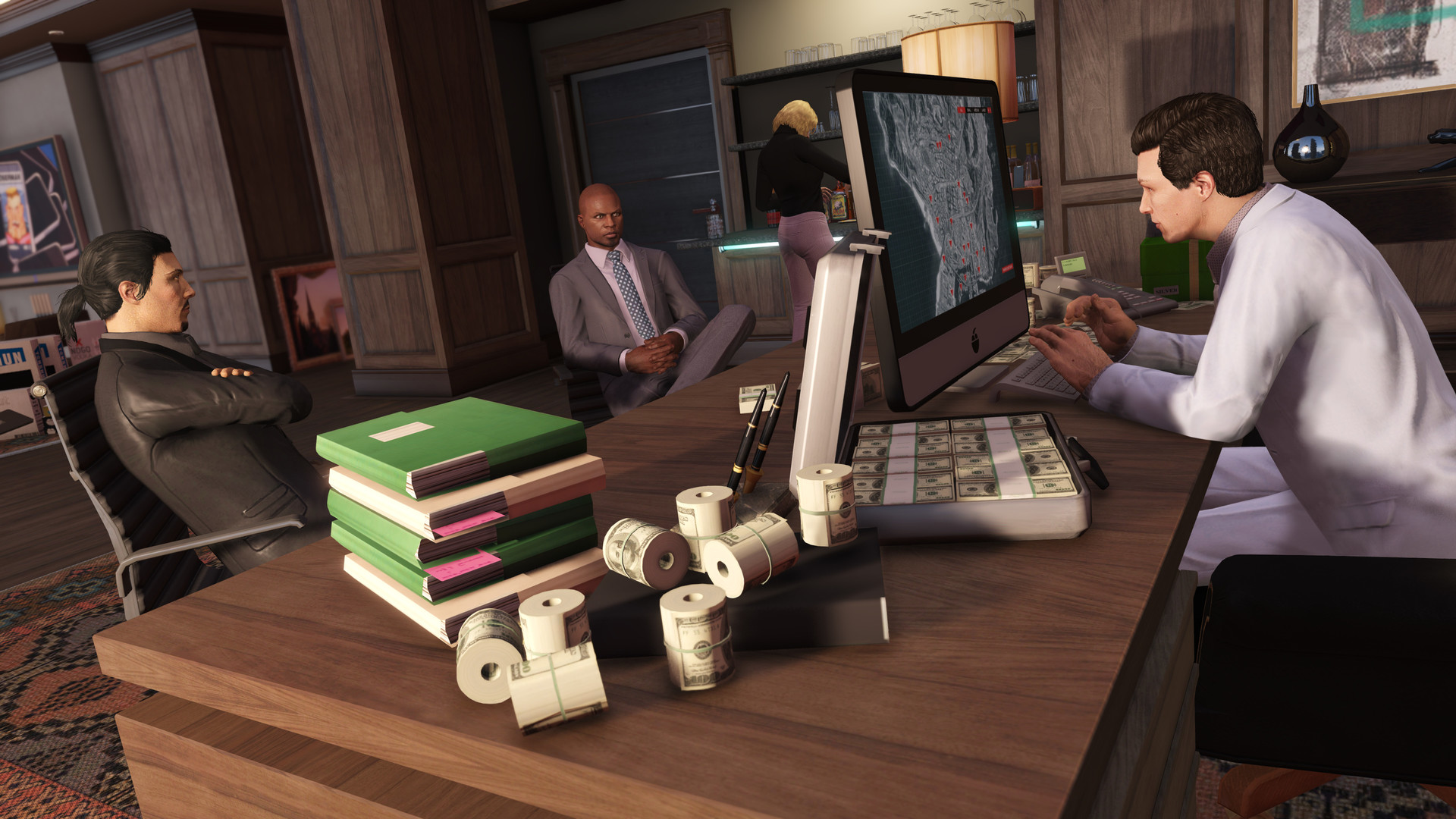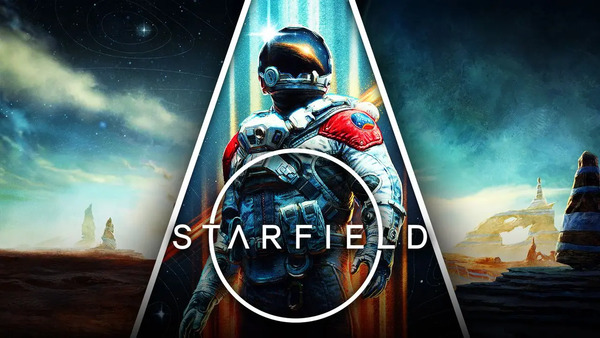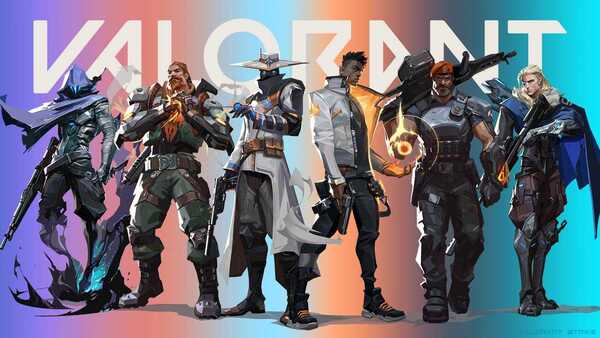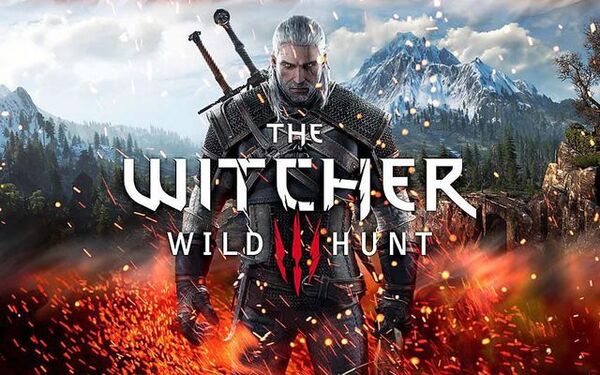Advertisement
Popular Now
Introduction
The Witcher 3: Wild Hunt (2015) by CD Projekt Red is celebrated for its deep narrative, rich world, and player-driven choices. The game offers meaningful decisions that affect relationships, characters' fates, and the world itself. This article examines how The Witcher 3 presents player choices, the illusion of free will, and the consequences of those choices, challenging players to engage with the game's moral dilemmas and question the nature of agency.




The Illusion of Free Will: Player Choices vs. Predefined Outcomes
Choices That Seem to Matter
Early in the game, players are given significant choices, like deciding the fate of characters, but many of these decisions only impact secondary storylines. The core narrative often remains unchanged regardless of the player's actions, raising the question of whether players truly have control.The Consequences of Choice: A More Nuanced Narrative
While major outcomes remain consistent, the choices players make affect the world in meaningful ways, such as changing the fates of characters or factions. This layered consequence system creates the illusion of choice, making players reflect on their decisions even if the story's direction remains largely the same.Morality and the Grey Area of Choice

The Moral Complexity of Geralt’s Actions
Geralt’s character lies in the moral grey area, often forced to make difficult decisions that reflect pragmatism rather than idealism. His choices, such as helping morally ambiguous characters, challenge the player to confront the ethical complexities of the world.The Witcher’s Code: A Hero With No Clear Morals?
Geralt frequently violates the Witcher's Code, which emphasizes neutrality, by involving himself in political and moral conflicts. This fluid morality makes Geralt a complex protagonist whose decisions influence both his character and the game world.The Impact of Relationships on Player Choice
Geralt’s Relationships with Ciri and Yennefer
The game’s emotional depth comes from Geralt’s relationships with characters like Ciri and Yennefer. Players’ choices impact the fate of these relationships, with consequences for Geralt’s personal growth and the game’s outcome.The Fate of Ciri: The Ultimate Test of Player Choice
Ciri's fate depends heavily on player decisions. Whether she becomes a Witcher or dies tragically, her destiny is a culmination of the choices made throughout the game, reflecting the themes of love, sacrifice, and legacy.The Political Landscape and Its Effect on Player Choice

















